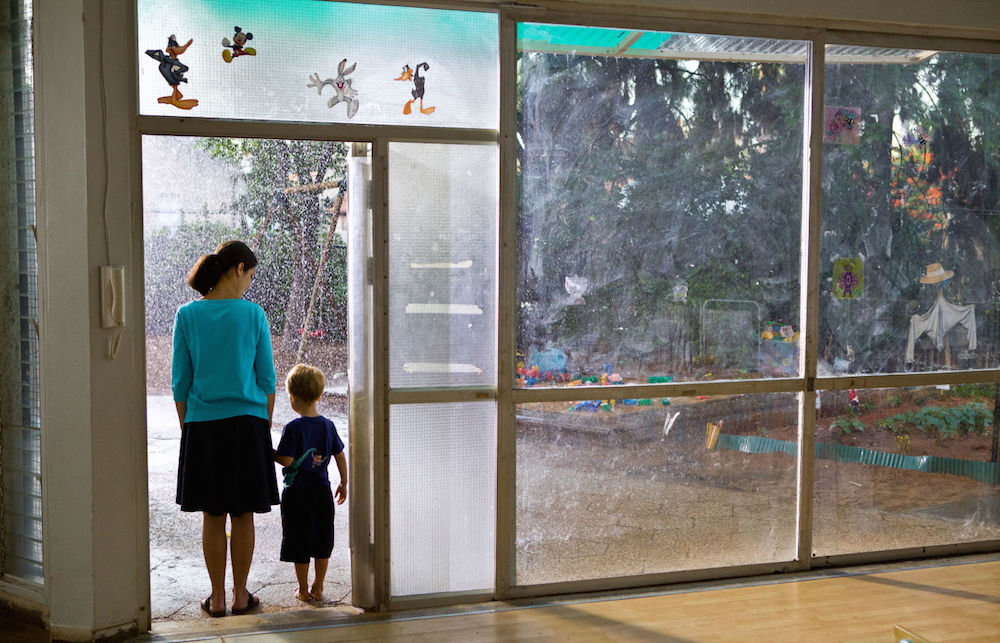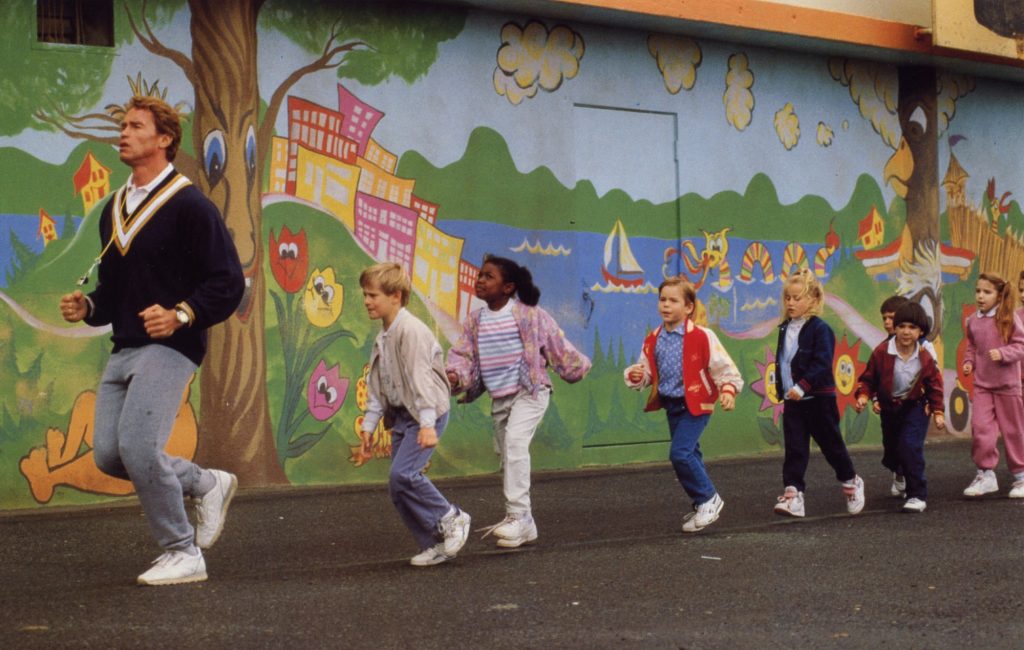Preschool Enrollment Drops At Alarming Rates
Preschool enrollment dropped at alarming rates this year, as Congress fights over a plan to fund universal pre-K.

Enrollment has been a huge hurdle for public school officials this year. Last year, the National Center for Education Statistics revealed that the nation’s public school enrollment dropped by three percent. In that data, the organization also reported alarming info that those declines fell largely in preschool and kindergarten grades. To make matters worse, a new report published this week depicts just how bad the preschool enrollment issue is in early education, annotating just how dire the issue might be.
Every year, the National Institute for Early Education Research (NIEER) releases a State of Preschool report. 2021’s yearbook was published on the site this week and found some harrowing details. One thing the study found was that preschool enrollment in state-funded preschools dropped for the first time in 20 years. Expunging nearly a decade of fruitful growth, that staggering decline is equal to about 300,000 fewer young children in universal preschool programs, or a 20% decline. And unfortunately, the report found that the biggest negative impact hit low-income families who were unable to send their children to school.

Across the country, universal preschool is varied. Only three states currently offer universal programs across the board. Some states have multi-year plans to implement a universal program for all students, and twelve states fail to offer any state-funded pre-k programs. According to the NIEER report, preschool enrollment dropped in six states – Florida, Iowa, Oklahoma, Vermont, West Virginia, and Wisconsin – that had previously shown promising enrollment upticks where nearly 70% of 4-year-olds attended preschool.
Furthermore, the report found that 26 states reduced spending on early education last year, despite receiving funds in COVID relief aid. It’s a problem the Biden Administration has touted as part of its Build Back Better package. As the United States Congress reconvenes this week, early education advocates are expected to lobby members to revive a $400 billion child care and pre-K proposal that was originally proposed in the package. But without any support from Republicans, it’s a large feat to conquer.
Public schools aren’t the only sector reeling from preschool enrollment. The private child care sector is rife with issues as well. Exacerbated by the pandemic, strained budgets, staffing shortages, and general health risks all were factors that meant the vast majority of early education providers were operating with insufficient quality. Furthermore, the report found that nearly 16,000 child care programs across the nation were permanently nixed since the onset of the pandemic.

There could be a slew of different reasons for preschool enrollment declines. Health safety concerns and growing disapproval from parents on how public schools are being run are likely top contenders. But regardless of the reasons, many experts believe the startling decrease is a blight on America’s education system. Compared to the rest of the world, the United States is feeble in comparison to industrialized nations when it comes to early education access. Last year, a report published in the OECD iLibrary revealed that America ranked fourth to last in the percentage of 3 to 5-year-olds enrolled in early education.
Preschool enrollment declines are alarming to many experts. But not everyone agrees on the Democrats’ agenda to push universal preschool. In fact, many expert studies contradict the need for early education. Some research suggests that preschool does not aid students’ long-term success, while others reveal quite the opposite.



